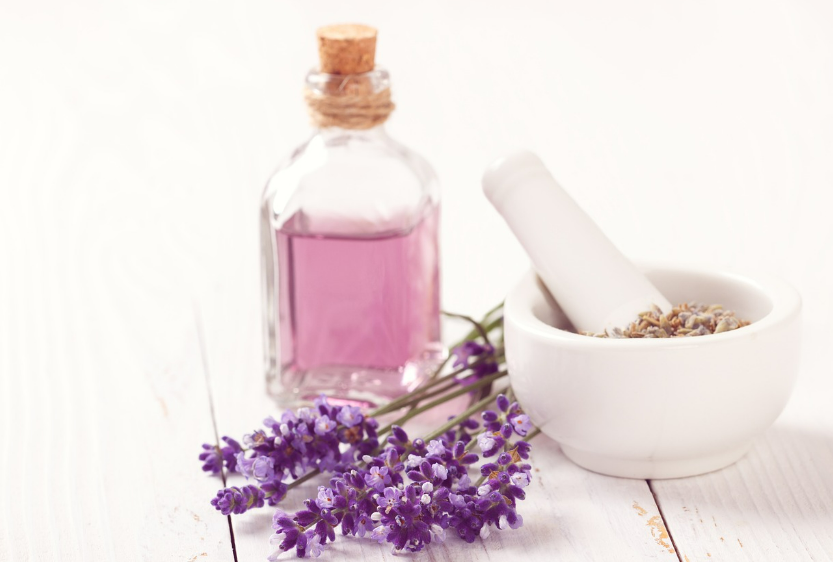King 567, Betbhai247, Apbook247: Aromatherapy dates back thousands of years, with roots in ancient civilizations like the Egyptians, Greeks, and Romans. These cultures harnessed the power of essential oils extracted from plants for healing, spiritual rituals, and enhancing overall well-being. The ancient Egyptians used aromatics in embalming practices and for medicinal purposes, while Greeks like Hippocrates employed aromatic oils for their antiseptic properties.
Throughout the Middle Ages, aromatic plants were used in Europe for their therapeutic benefits. In the 17th century, the term “aromatherapy” first emerged, coined by a French chemist named Rene-Maurice Gattefosse. Gattefosse discovered the healing properties of lavender oil after accidentally using it to treat a burn on his hand. This serendipitous event led to further exploration and recognition of the therapeutic applications of essential oils in modern aromatherapy practices.
The Role of Olfactory System in Aromatherapy
When essential oils are inhaled, the olfactory system, which is responsible for our sense of smell, comes into play. As the aromatic molecules travel through the nasal passages, they are detected by the olfactory receptors. These receptors then send signals to the olfactory bulb in the brain, where the scents are processed and interpreted. The olfactory system has a direct connection to the limbic system in the brain, which is involved in emotions, memories, and mood regulation.
The olfactory system’s close link to the limbic system makes aromatherapy a powerful tool for influencing emotions and behaviors. Different essential oils can activate specific areas of the brain through the olfactory system, triggering various responses. For example, the scent of lavender is known for its calming and relaxing properties, while citrus scents like lemon or orange can uplift and invigorate. By targeting the olfactory system, aromatherapy can have a profound impact on our mental and emotional well-being.
� Aromatherapy works by stimulating the olfactory system through inhalation of essential oils
� Olfactory receptors detect aromatic molecules and send signals to the olfactory bulb in the brain
� The olfactory system has a direct connection to the limbic system, which is involved in emotions and mood regulation
� Different essential oils can trigger specific responses in the brain through the olfactory system
� Lavender is known for its calming properties, while citrus scents like lemon or orange can uplift and invigorate
How Aromatherapy Works on Brain Chemistry
Apbook365, Apbook Login, Goexch777: Aromatherapy is a holistic healing practice that involves using natural plant extracts to promote physical and psychological well-being. The aromatic compounds in essential oils are inhaled or absorbed through the skin, which then interact with the limbic system of the brain. This interaction triggers neurochemical processes that can influence emotions, mood, and cognition.
When essential oils are inhaled, then stimulate the olfactory receptors in the nasal cavity, sending the signals to limbic system. The limbic system is responsible for regulating emotions, memory, and behavior. By activating this region of the brain, aromatherapy can modulate neurochemical pathways, such as the release of neurotransmitters like serotonin and dopamine, which are known to affect mood and stress levels.
What is aromatherapy?
Aromatherapy is the practice of using essential oils and natural plant extracts to enhance physical and psychological well-being.
How does aromatherapy work on brain chemistry?
Aromatherapy works on brain chemistry by stimulating the olfactory system, which in turn sends signals to the brain to trigger various emotional and physiological responses.
What are some common essential oils used in aromatherapy?
Some common essential oils used in aromatherapy include lavender, peppermint, eucalyptus, and tea tree oil.
Is aromatherapy safe for everyone?
While aromatherapy is generally safe for most people, it is important to consult with a healthcare professional before using essential oils, especially if you are pregnant, nursing, or have any underlying health conditions.
How can I incorporate aromatherapy into my daily routine?
You can incorporate aromatherapy into your daily routine by diffusing essential oils, adding them to bathwater, or using them in massage oils or lotions.


